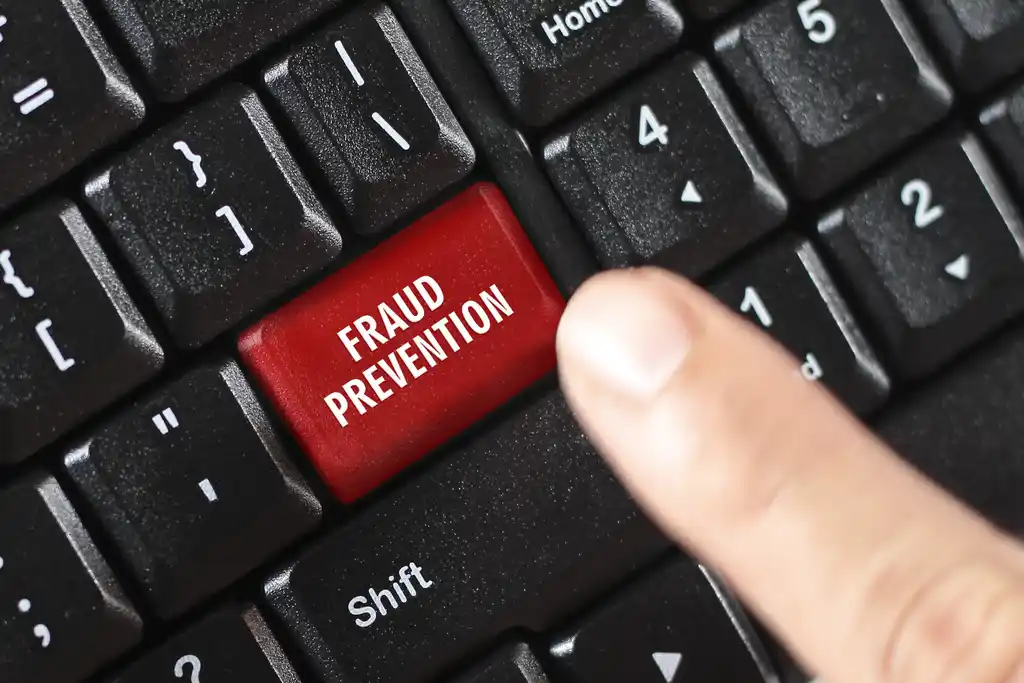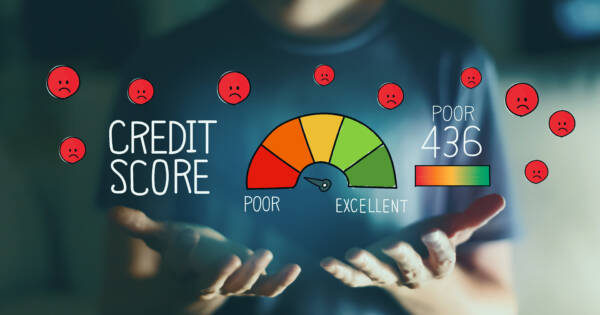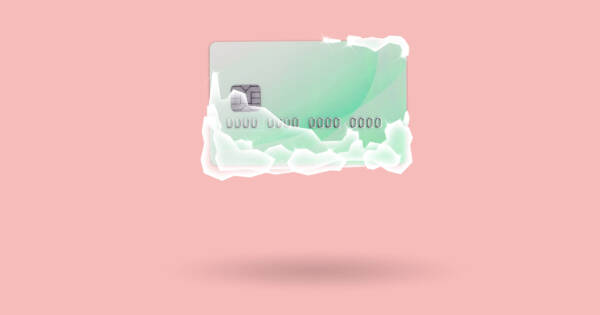Identity theft is a real and growing problem. In 2018, the Federal Trade Commission (FTC) processed 1.4 million fraud reports totaling $1.48 billion in financial losses. According to the FTC, the most common type of fraud involved identity theft and credit cards. That doesn’t even include cases of honest mistakes, where you receive a bill or a collection notice that isn’t yours. It happens all the time.
In all, more than 167,000 American consumers reported a fraudulent credit card account was opened with their personal information last year. So how do you protect yourself? What can you do if incorrect bills or mystery debt shows up in your name? Here is some advice that can help, should you receive a bill that isn’t yours or discover debt you never agreed to.
Contest the Charges
If you don’t recognize a charge or debt that’s been assigned to you, contest it immediately. Never promise to pay a debt if you have doubts about it. Do your homework and find out if the charge or debt is legitimate. If a charge on a credit card is not from you, maybe it has been incurred by your spouse or children. Double check.
If you conclude that the charge or debt is not legitimate, then you need to contest it. Don’t just pay it, in hopes that it will go away and not come back. The opposite may prove to be true. Instead, contact the company that has charged you and dispute the amount owing. Contacting a company by phone is likely the first step. However, you can also follow-up in writing to more senior people within the organization that has charged you.
If you find that your identity has been stolen, be sure and let the company charging you know. They most likely have processes in place for managing charges that result from stolen identities.
Demand Proof
If a company pushes debt onto you, or refers your unpaid charges to a collection agency, you can still fight back. Simply demand proof that the debt belongs to you. The easiest way to achieve this is to ask to see your own signature. If they can’t produce a credit card receipt, mortgage papers, or a loan application with your John Hancock on it, you’re off to a good start. With that proof, you will have a strong case to have the debt canceled.
Complications can arise when shopping online, where signatures are rarely required. However, a credit card cannot be issued without a signature being placed on an application. Other proof points you may want to ask to see is the address and phone number used and/or a Social Security Number. Again, if this information is different from your information, then you’ll have solid grounds to contest the charges.
Get a “Validation Notice”
By law, collection agencies must send consumers a written notice concerning unpaid charges and outstanding debts that are owed. This is called a “validation notice” or a “validation letter.” It outlines clearly how much money you owe, the name of the creditor, and what to do if you don’t think you owe the money. Receiving this notice will at least tell you if the debt being claimed against you comes from a legitimate source.
Scam artists who are trying to trick you into paying a debt that you don’t owe will not send a validation letter. Once you receive a validation notice, you have 30 days to respond in writing, outlining why you feel that the charges or debt are illegitimate. This is a process that’s regulated by the FTC. It helps to facilitate communication and dispute resolution between companies and individual consumers.
Again, scammers do not participate in this legitimate process. If you are getting suspect collections calls about an unfamiliar debt, demand a validation notice be sent. Never agree to anything over the phone.
Check Your Credit Report Regularly
Unpaid debts and charges show up on your credit report. They can impact your credit score negatively. Delinquent accounts can stay on a credit report for up to seven years, impacting your future ability to secure loans and affecting the amount of interest you will pay.
Credit scores typically range from 300 to 850. The higher the score, the lower the interest rate you’ll be charged on any credit granted. The lower the score, the higher the rate. For these reasons, it is very important that you check your credit report regularly — at least twice a year.
There are three major credit agencies in the U.S. – Equifax, Experian, and TransUnion. Each one will provide you with a copy of your credit report once a year, for free. Take advantage of this fact and order your credit report from all three agencies at different intervals.
Review the report and let the agencies know if any information is inaccurate, under dispute, or if it has been resolved. Keeping your credit report updated and accurate will help you a lot in the long run. It’s especially important to make sure loans you have paid off in full are marked as such. There have been cases where people received collection notices from debts that they previously paid off, much to their bewilderment. When you make that final car or mortgage payment, don’t consider the matter closed. Follow up with the lender, to ensure they recognize you’ve fulfilled all your payments.
Report Your Identity Stolen
If you suspect that your identity has been stolen, it is important to sing that fact from the rooftops. You need to let your bank, employer, credit agencies, and even law enforcement know that your identity has been compromised. Place fraud alerts on your bank accounts, credit card companies, and with the three credit agencies.You should also report it to the FTC and the Internal Revenue Service (IRS).
It’s also a good idea to reach out to your healthcare insurance and medical providers, and to place a flag on your driver’s license or state identification. Letting local and federal law enforcement know is also advisable. All of this reporting will help to circle the wagons and protect you from future fraudulent activity.
All of the agencies and organizations mentioned have processes in place to help you formally notify them that your identity is compromised. Once it’s flagged that you are the victim of identity theft, it will be easier for you to contest any future charges and debt obligations that pop up out of nowhere.
 Shutterstock
Shutterstock







